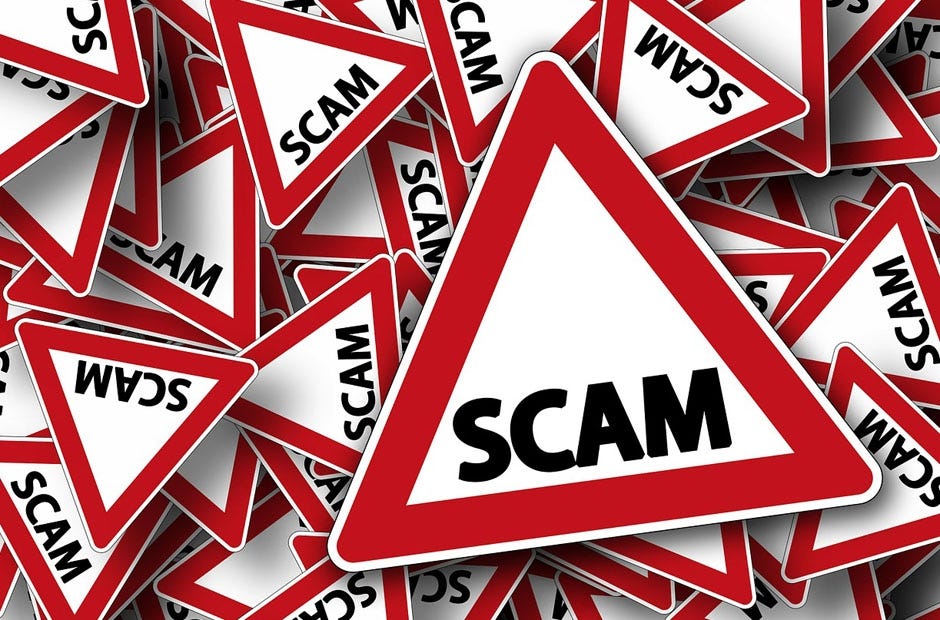
It’s the time of year when giving to others is a common tradition. Unfortunately, there are those who would like to take advantage of other’s good deeds.
While making donations to charities and organizations this year, please also take care to guard and protect your personal information.
Scammers, people who prey on others, are currently calling homes to request donations, which are really being used to fatten their own wallets.
How can you determine what is legitimate and what is a scam? Here are some signs to look out for:
1. Most legitimate organizations don’t usually call for donations over the phone
2. A solicitor calling you should never request bank account information or any other personal information from you; don’t give it to them
3. Scammers don’t like to give you time to think about your decision
4. Scammers may even try to pressure you or scare you into giving to them
Don’t let scammers frustrate you this year and prevent you from giving. There are a lot of great organizations out there that could use your time, talent or dollars.
To make donating safer this year, research the organization by either visiting in-person, or their website. To check the validity of an organization, you can either call the Better Business Bureau or use their website, www.bbb.org, to see if there have been any concerns or complaints lodged about that organization.
Remember, 'tis the season to be generous and wise.
Jill Breslawski is an agent at the University of Florida's Institute of Food and Agricultural Sciences Extension office in Crestview.


This article originally appeared on Crestview News Bulletin: Don't fall victim to holiday scammers
